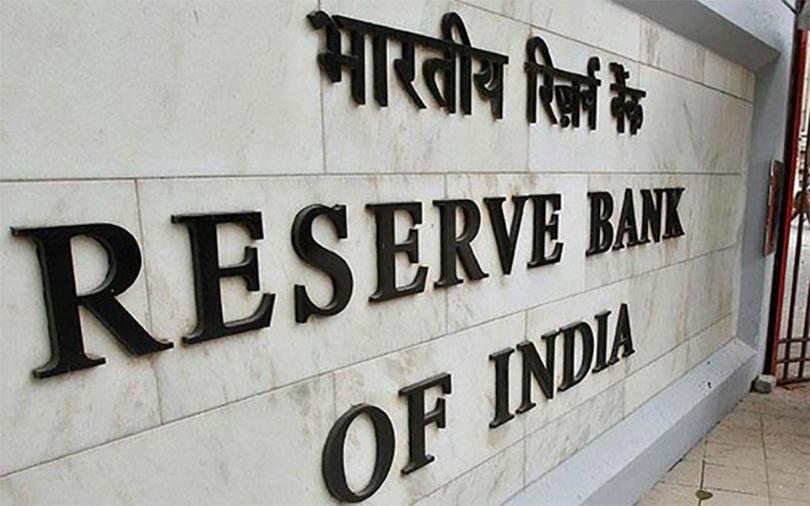 The government will give greater power to the central bank to regulate mortgage lenders and non-banking financial companies, as it moved to check a growing crisis in the financial services industry.
The government will give greater power to the central bank to regulate mortgage lenders and non-banking financial companies, as it moved to check a growing crisis in the financial services industry.
Finance minister Nirmala Sitharaman said in her budget speech on Friday the government will also inject Rs 70,000 crore more into state-owned banks to tackle the huge pile of bad loans and revive credit growth.
The government has already injected more than Rs 1.61 trillion into state-run banks in a bid to rescue them from collapsing under the weight of their own non-performing assets (NPAs). The fresh capital infusion will strengthen the banks’ balance sheets and ease a major drag on the economy.
India has 21 state-run banks that account for two-thirds of the banking assets and a bulk of the record Rs 9.5 lakh crore ($145 billion) of bad loans. However, the minister pointed out that the NPAs of commercial banks have reduced by over Rs 1 trillion over the last year.
Anil Gupta, vice president and sector head of financial sector ratings at ICRA Ltd, said recapitalisation is a positive move. This capital infusion could help all the public-sector banks to exit the RBI’s corrective action framework and facilitate merger among the lenders, he said.
While the banks’ NPA levels have begun to improve, several NBFCs and mortgage lender such as Dewan Housing Finance Corp are reeling under stress for the past several months and have defaulted on their debts.
In order to improve the efficiency of housing finance companies, the government has proposed to give back the authority to regulate these organisations to the RBI from the National Housing Bank, Sitharaman said.
“The NHB, besides being the refinancer and lender, is also regulator of the housing finance sector. This gives a somewhat conflicting and difficult mandate to the NHB,” she said.
The government is also proposing to strengthen the regulatory authority of the RBI over NBFCs, she said.
Sitharaman said the government wants banks and mutual funds to continue lending to the crisis-hit NBFCs. Besides, the budget proposed a one-time six-month partial credit guarantee to state-run banks for the first loss of up to 10% if they buy high-rated pooled assets of financially sound NBFCs amounting to Rs 1 lakh crore in 2019-20.
The credit guarantee scheme will be an important milestone for the NBFC sector, which is crucial for the sustained growth of the economy, Piramal Group chairman Ajay Piramal said.
The budget proposed a few other measures to help NBFCs. These lenders will no longer be required to create a Debenture Redemption Reserve (DRR) to raise funds through private placements. Currently, it is applicable for public placement of debt. The DRR is a provision that states that any firm that issues debentures must create DRR to protect investors against the possibility of default by the company.
Also, to provide a level-playing field with banks and other public and state financial institutions, the government proposed that the interest on bad debts in the case of deposit-taking NBFCs and systemically important non-deposit-taking NBFCs shall be charged to tax on a receipt basis and not on an accrual basis.
The budget also proposed to permit investments made by foreign institutional and portfolio investors in debt securities issued by infrastructure debt fund-NBFCs to be sold to any domestic investor within a specified lock-in period. This step will help NBFCs boost their liquidity positions and enable them to generate funds, said Mahesh Singhi, founder and managing director at investment banking firm Singhi Advisors.
However, not everyone was convinced about the efficacy of the budget proposals to resolve the problems that banks and NBFCs are facing.
Rajesh Narain Gupta, managing partner at law firm SNG & Partners, said the finance minister has managed to provide some relief to the beleaguered financial services sector to some extent. “However, this can be at best viewed as short-term benefits for the banking sector and NBFCs, and the government will need to formulate long-term solutions to alleviate the crisis in the country’s financial sector,” he said.






